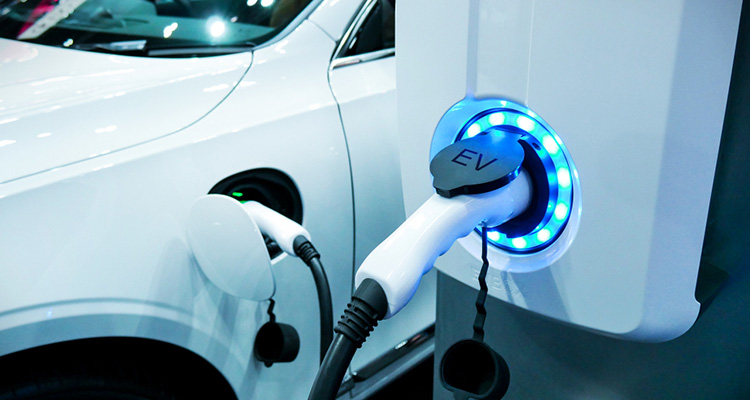Electric vehicles represent a transformative solution to combat air pollution, reducing greenhouse gas emissions, and fostering sustainable mobility. However, the widespread adoption of EVs in Nigeria faces significant barriers, including the absence of meaningful incentives and subsidies to incentivize consumers and accelerate the transition to electric mobility. In this article, we explore why EV incentives and subsidies are crucial and why the Nigerian government must take decisive action to implement supportive policies, drawing inspiration from successful examples around the world.
The Importance of EV Incentives and Subsidies
EV incentives and subsidies are vital for speeding up the adoption of electric vehicles and driving the shift toward sustainable transportation. Incentives and support from governments make EVs more accessible and appealing to consumers. They help offset the higher initial costs of EVs, encourage investment in charging infrastructure, and promote innovation in clean energy technologies. The following are reasons why the government needs to implement incentives and subsidies for EV owners.
Affordability: One of the primary challenges hindering the adoption of EVs is their higher upfront cost compared to conventional vehicles. Incentives and subsidies can bridge this affordability gap, making EVs more accessible to a broader segment of the population. Financial incentives such as tax credits, rebates, and reduced import duties can significantly lower the price of EVs, encouraging more consumers to consider electric vehicles as viable alternatives.
Environmental Impact: Transitioning to electric mobility is essential for reducing air pollution and mitigating climate change. Incentives and subsidies can accelerate this transition by encouraging consumers to choose cleaner transportation options, aligning financial incentives with environmental imperatives and fostering sustainable practices to attain national emissions targets.
Technological Innovation: Supporting EV adoption stimulates innovation in the automotive sector. Increased demand for EVs can drive investment in domestic manufacturing, research, and development of battery technologies, charging infrastructure, and electric drivetrains. This, in turn, fosters job creation and economic growth, and positions Nigeria as a leader in green technology innovation.
Examples from Leading Countries
Several countries have successfully implemented various policies and incentives to drive adoption and support the growth of the electric vehicle market.
Norway, for example, offers generous incentives for EV buyers, including exemption from import taxes, registration fees, and value-added tax (VAT). As a result, Norway has one of the highest EV adoption rates globally, with EVs accounting for a significant percentage of new vehicle sales. In 2022, more than 20% of registered cars in Norway were electric vehicles, which dominated the market with a whopping 80% share. This rapid transition owes much to effective policy measures and a diverse array of incentives.
Germany is also a good example. The country provides financial incentives for EV purchases through a subsidy program that offers rebates to buyers of electric vehicles. This initiative has contributed to Germany becoming one of the largest EV markets in Europe.
China has also implemented a range of policies, including subsidies, tax incentives, and preferential license plate allocation, to promote EV adoption. Latest data now show China as the world’s leading EV market in terms of absolute sales.
Taking Action: The Case for Nigeria
Implementing EV incentives and subsidies in Nigeria is crucial for unlocking the economic, environmental, and social benefits of electric mobility. The examples above show that countries with the most favorable EV policies are the ones leading the EV revolution. Following their example and tailoring policies to local contexts will help stimulate demand for EVs in Nigeria, support domestic manufacturing, and reduce reliance on imported fossil fuels.
Possible EVS advocates for the introduction of favorable EV policies and generous subsidies in Nigeria to accelerate the transition to electric mobility. These policies should include the following:
- Tax incentives for EV purchases.
- Import duty waivers for EV components and vehicles.
- Rebates and grants for charging infrastructure development.
- Preferential financing options for EV buyers.
- Investment incentives for local EV manufacturing.
Let’s encourage policymakers to take bold action toward creating a more sustainable transportation ecosystem for future generations.


